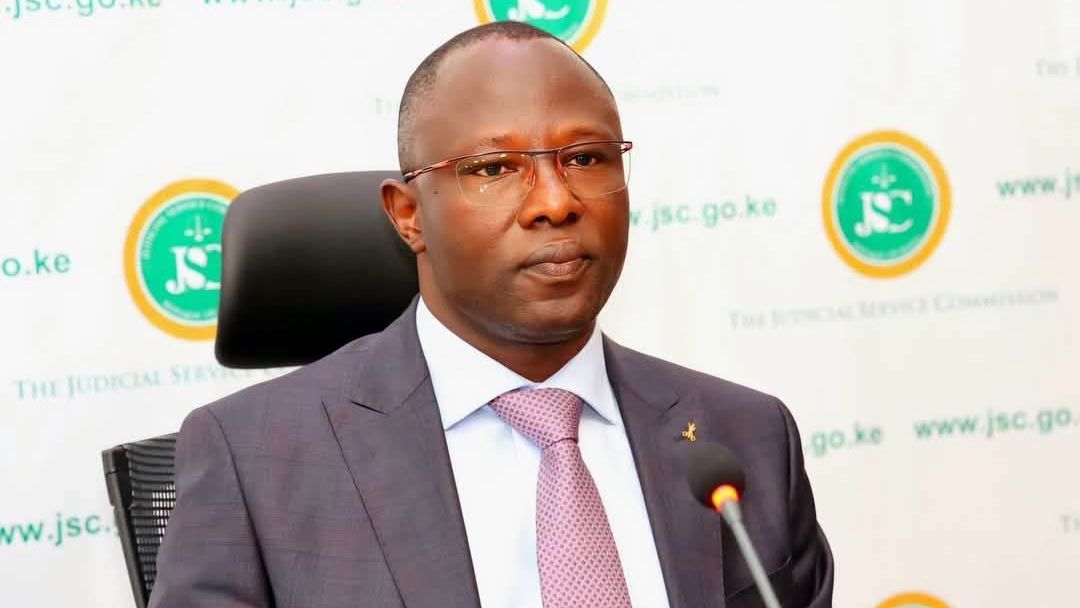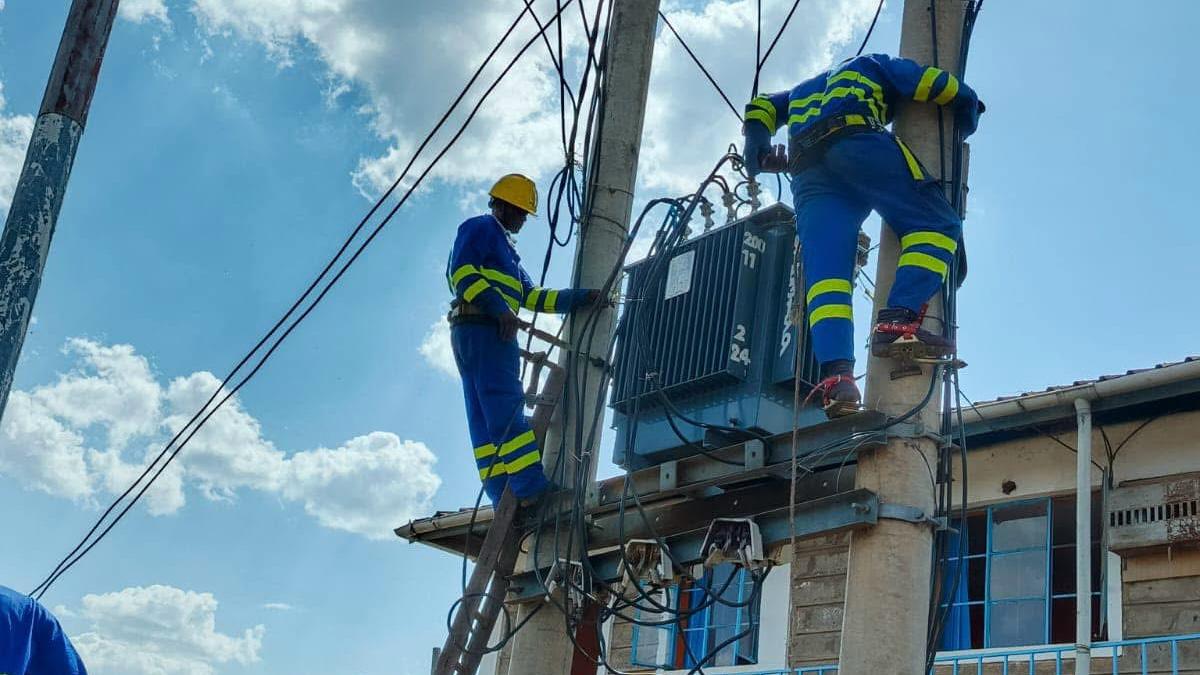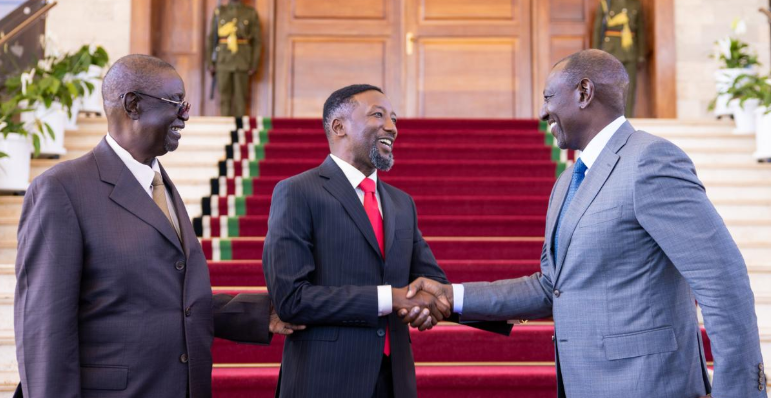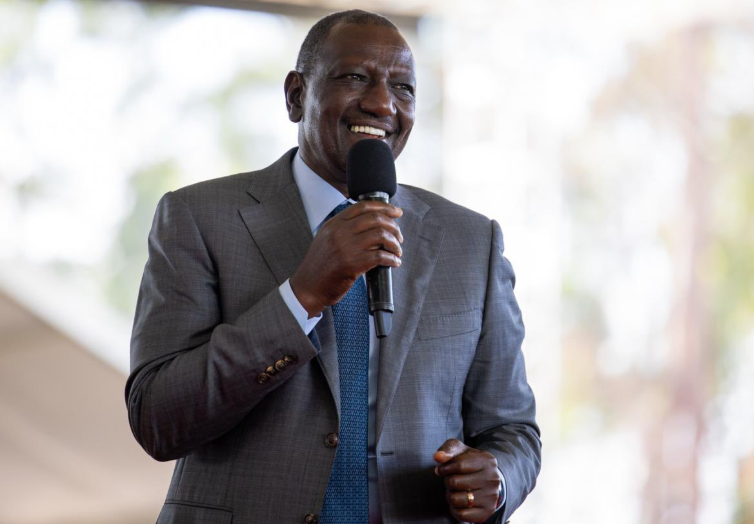The High Court in Nairobi has given the green light for the vetting of candidates nominated by President William Ruto as IEBC commissioners.
In his ruling on Thursday, May 29, Justice Lawrence Mugambi noted that the vetting by Parliament could proceed, however, he set conservatory orders on the gazettment of their names should they be approved by Parliament.
Therefore, the nominees, even if approved by Parliament, will not be sworn in.
He explained that the swearing-in would only proceed after the constitutional issues in the petition filed by activists Boniface Mwangi and Kelvin Roy Omondi are addressed.
"I note that the issues raised in the petition touch on the sovereignty of the people," the judge ruled.
Read More
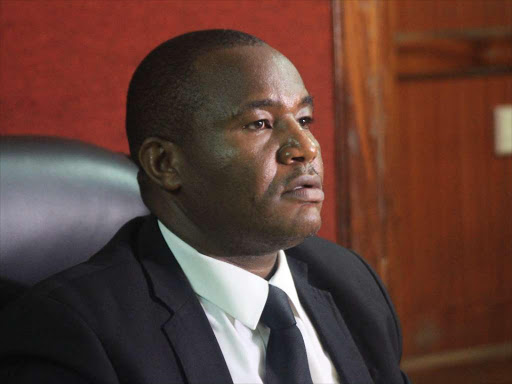
The vetting of the IEBC Commissioners was expected to commence this week after MPs resumed sittings after a short recess.
However, owing to the earlier conservatory orders issued by the Court, the vetting could not begin.
In their petition, the activists raised concerns over the process that was followed in the nomination of the commissioners.
For instance, they cited a lack of transparency in the process, as well as a lack of public participation.
"The nominations do not meet the requirements of Articles 10, 27(1), 232, and 250(3) & (4) of the Constitution of Kenya, 2010, which call for regional balance, ethnic inclusivity, and the inclusion of persons with disabilities.
"Allowing the nominees to take office without addressing these concerns would render the petition moot, as constitutional provisions do not allow for removal of commissioners on grounds related to irregular appointments," read the petition in part.
Those who were nominated for the IEBC jobs include Erastus Edung (chairperson), Ann Njeri Nderitu, Moses Alutalala Mukhwana, Mary Karen Sorobit, Hassan Noor Hassan, Francis Odhiambo Aduol, and Fahima Araphat Abdallah.
The new conservatory orders are set to further delay the constitution of the electoral body, further restricting the body from conducting by-elections and undertaking voter registration.
